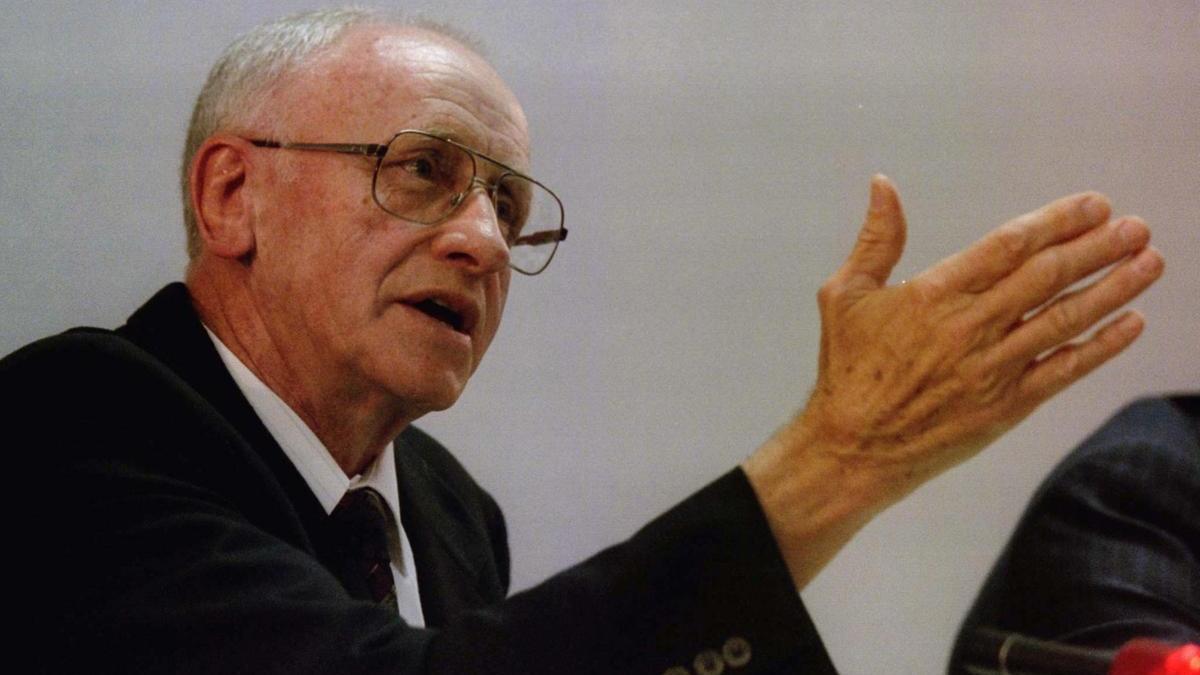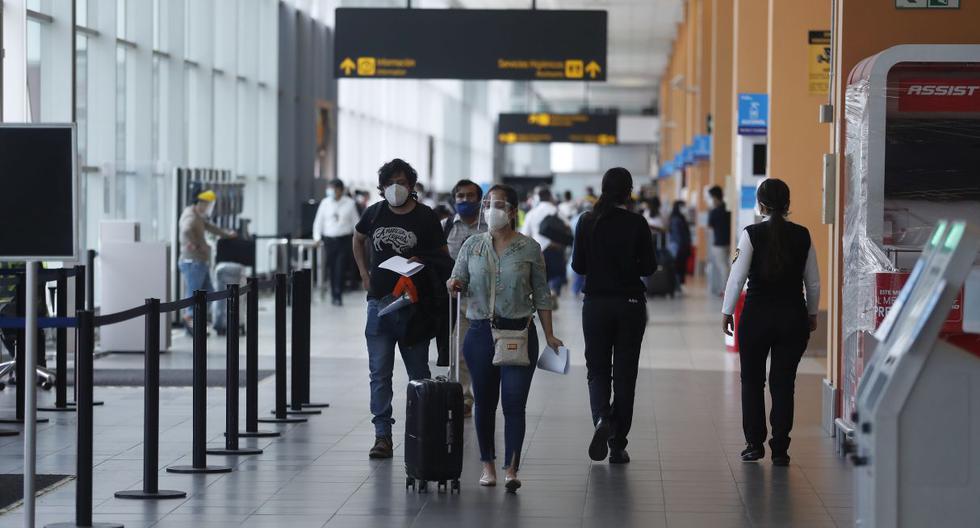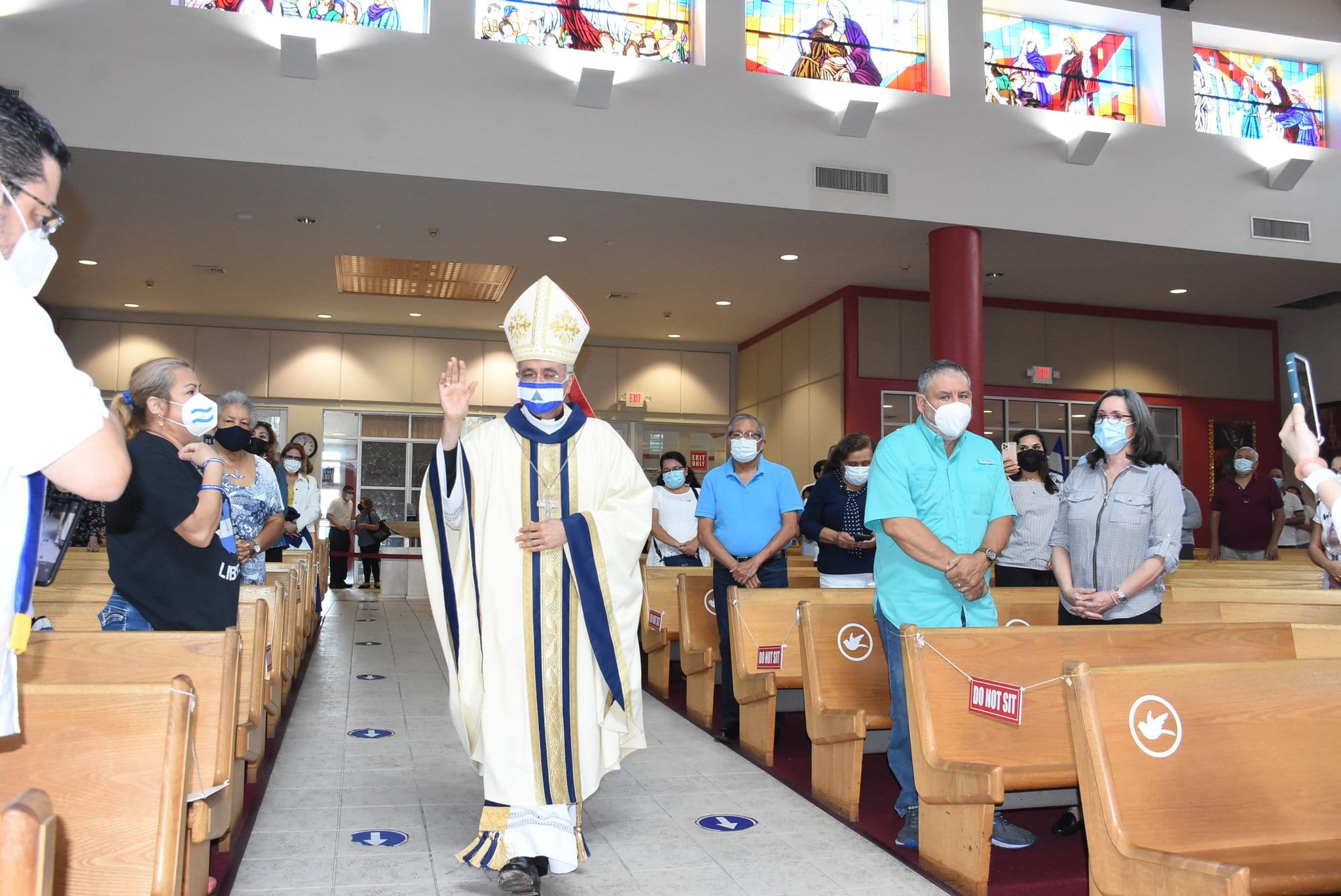Adrian Vlok, a former law and order minister responsible for repression during the racist apartheid regime in South Africa, died Sunday at the age of 85 in a Pretoria hospital, his family spokesman Peet Bothma said.
“It is with a heavy heart that the family announces that Adriaan Vlok, former Minister for Law and Order and Correctional Services, died early this morning after a short illness,” Bothma said in a statement.
“He is survived by his wife Antoinette, three children, four grandchildren and one great-grandchild,” the spokesperson said.
Vlok served as Minister of Law and Order between 1986 and 1991, in the final stretch of the racial segregation regime imposed by the white minority in South Africa, which ruled from 1948 until 1994, when Nelson Mandela became the country’s first black president.
The deceased was responsible for the “arrest of some 30,000 people” in his attempt to quell the riots against the racist regime, according to the website of the NGO South African History Online (SAHO) specializing in South African history.
Vlok, as a member of the State Security Council, became embroiled in allegations of planning and implementing repressive measures, including police squads and bombings and killings of anti-apartheid activists.
The former minister testified before the Truth and Reconciliation Commission, created by the Mandela Government to clarify the atrocities of apartheid, and admitted to having committed crimes such as the bomb attack on the headquarters of the South African Council of Churches in Johannesburg in 1988.
He was the only minister in the apartheid government to acknowledge those crimes and apologize, benefiting from an amnesty in 1999.
Vlok, who also served as Minister of Correctional Services from 1991 to 1994, sought public redemption for his actions and, as a show of repentance, went so far as to wash the feet of the mothers and widows of ten anti-apartheid activists murdered in 1986 by the Police.
Likewise, he spent years delivering free food to poor black families.
«I feel ashamed of many things I have done. I was tough, I had no heart with people, I locked people up,” he went on to say, according to local media.
“I supported apartheid,” he confessed, “I maintained apartheid, therefore I think I have to say I’m sorry.”
SOURCE: EFE






